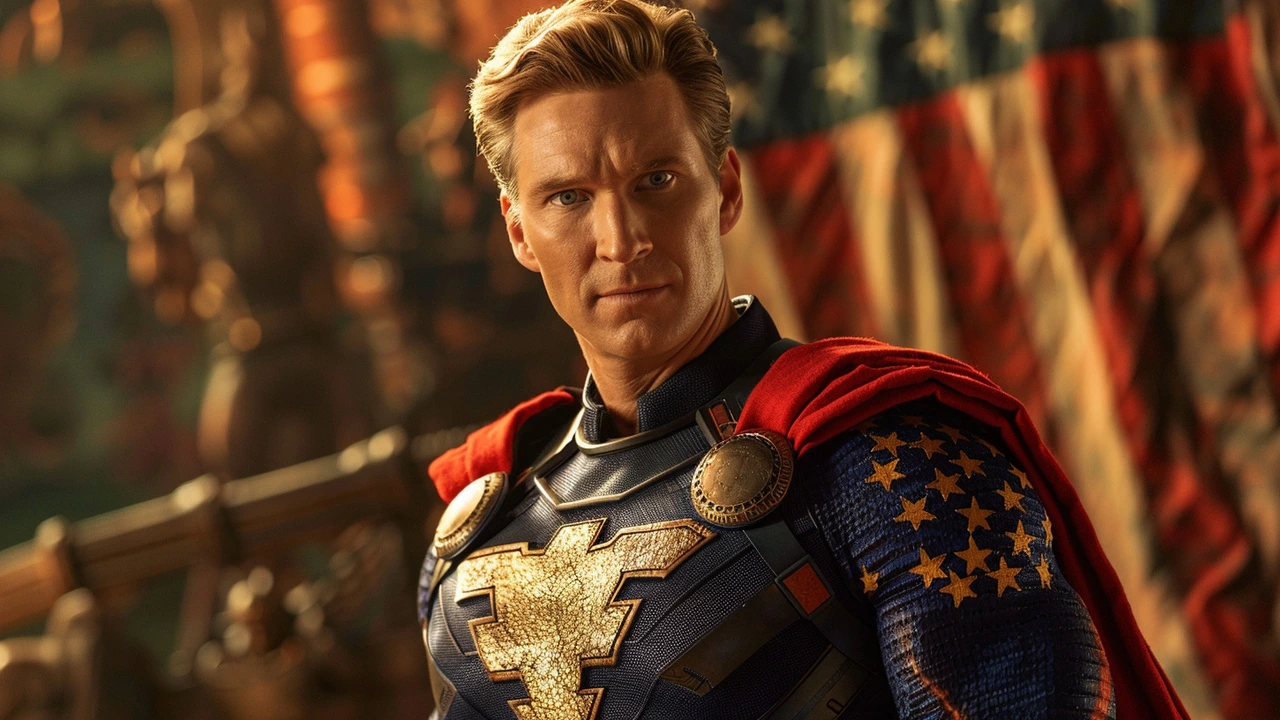Homelander: The Superhero Who Isn’t a Hero
If you’ve watched The Boys or read the comics, you know Homelander isn’t your typical cape‑wearing savior. He looks like the perfect American icon—muscle, flight, laser eyes—but underneath he’s a manipulative, often violent figure who drives the show’s biggest conflicts. This guide breaks down who he is, what he can do, and why he matters to anyone interested in modern superhero storytelling.
Who Is Homelander?
Homelander is the leader of Vought’s superhero team, The Seven. In the world of The Boys, Vought markets him as a symbol of hope, a living billboard for the company’s profit‑driven agenda. His backstory is deliberately vague—he was raised in a lab, never had a real family, and was taught that power means entitlement. Because of that, his moral compass points straight at himself. He’s the kind of character who believes the world should revolve around his whims, making him a perfect foil for the gritty, anti‑heroic core of the series.
Why Homelander Stands Out
What sets Homelander apart from other comic book tyrants is how the show ties his abilities to real‑world commentary. His powers—flight, super‑strength, invulnerability, and heat vision—look impressive, but the series shows the consequences when those gifts go unchecked. Scenes of him casually using laser eyes on a hostage or ignoring civilian casualties highlight how unchecked corporate power can be just as dangerous as any super‑villain.
Fans also love the contrast between his public persona and private cruelty. In press conferences, he smiles, waves, and repeats slogans like “America’s greatest hero.” Behind the scenes, he’s jealous, insecure, and often violent, especially toward those who threaten his status. This duality gives writers room to explore themes of image vs. reality, making Homelander a case study in fame’s dark side.
For anyone diving into the series, watching Homelander’s arc provides a roadmap for how to read satire. Pay attention to his interactions with other members of The Seven—especially Queen Maeve and Starlight. Those relationships reveal his need for control and the cracks in his fabricated heroism. When he finally faces backlash from the public, the reactions feel earned because the show has spent seasons building his omnipotent myth.
In short, Homelander isn’t just a powerful villain; he’s a mirror reflecting how societies idolize strength while ignoring the ethics behind it. Whether you’re a comic collector or a binge‑watcher, understanding his motives and abilities gives you a richer experience of The Boys and its commentary on modern power structures.
The Boys Season 4 is set to premiere, answering the cliffhangers from the previous season. With Homelander’s return bringing new powers, a captured Soldier Boy, and Butcher’s bleak fate, the new season promises compelling twists. Predictions suggest surprising character returns, new alliances, and significant power shifts.
More
